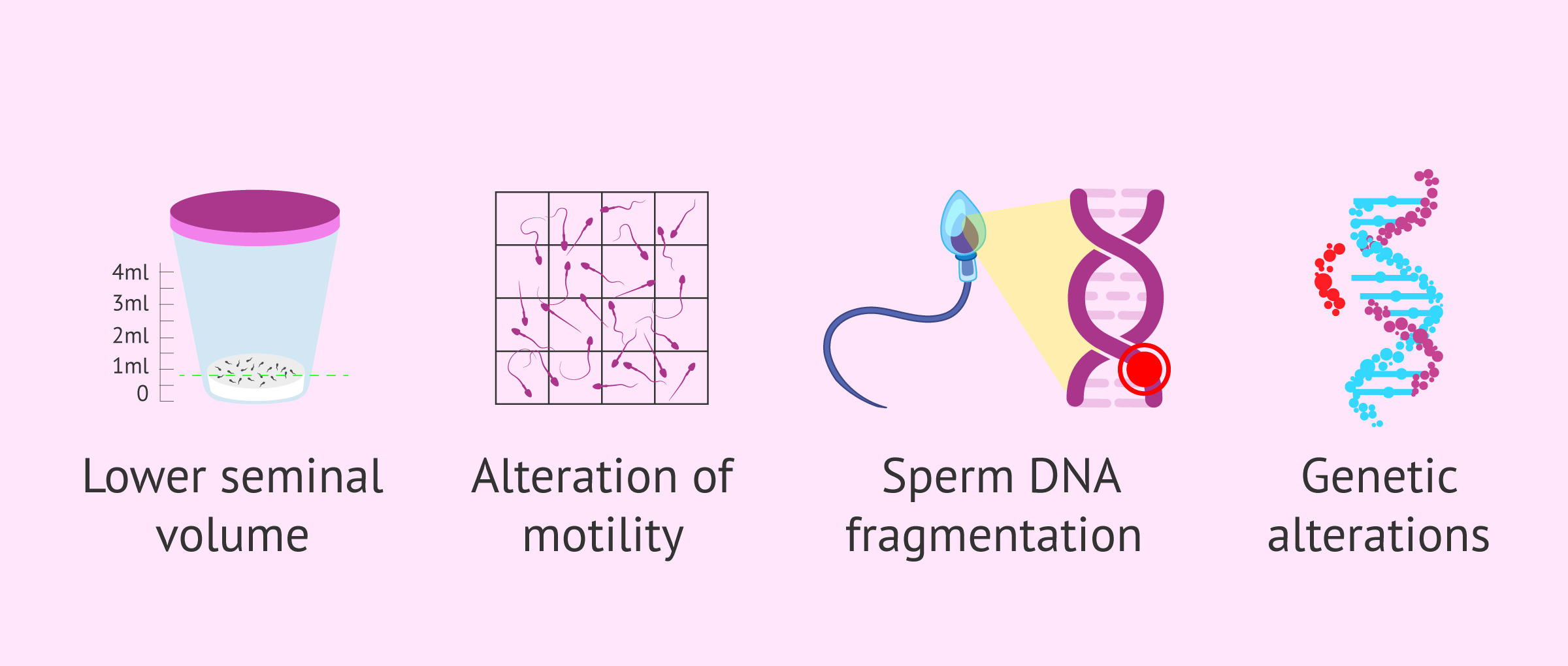The age of the male could affect his seminal quality. Although not all studies reach the same results, seminal volume and sperm motility could be the aspects of the seminogram most affected with age.
On the other hand, the number of spermatozoa with their DNA fragmented could be higher with advancing age. However, paternal age could also be related to certain sperm aneuploidies and other genetic alterations (such as deletions, duplications and translocations). In addition, mutations and epigenetic changes could pose a higher risk of alterations in the offspring
Read the full article on: How does a man’s age influence fertility and pregnancy? ( 76).
By Jessica García Cataño M.D., M.Sc. (gynecologist), Silvia Azaña Gutiérrez B.Sc., M.Sc. (embryologist) and Cristina Algarra Goosman B.Sc., M.Sc. (psychologist).
Last Update: 01/14/2022
